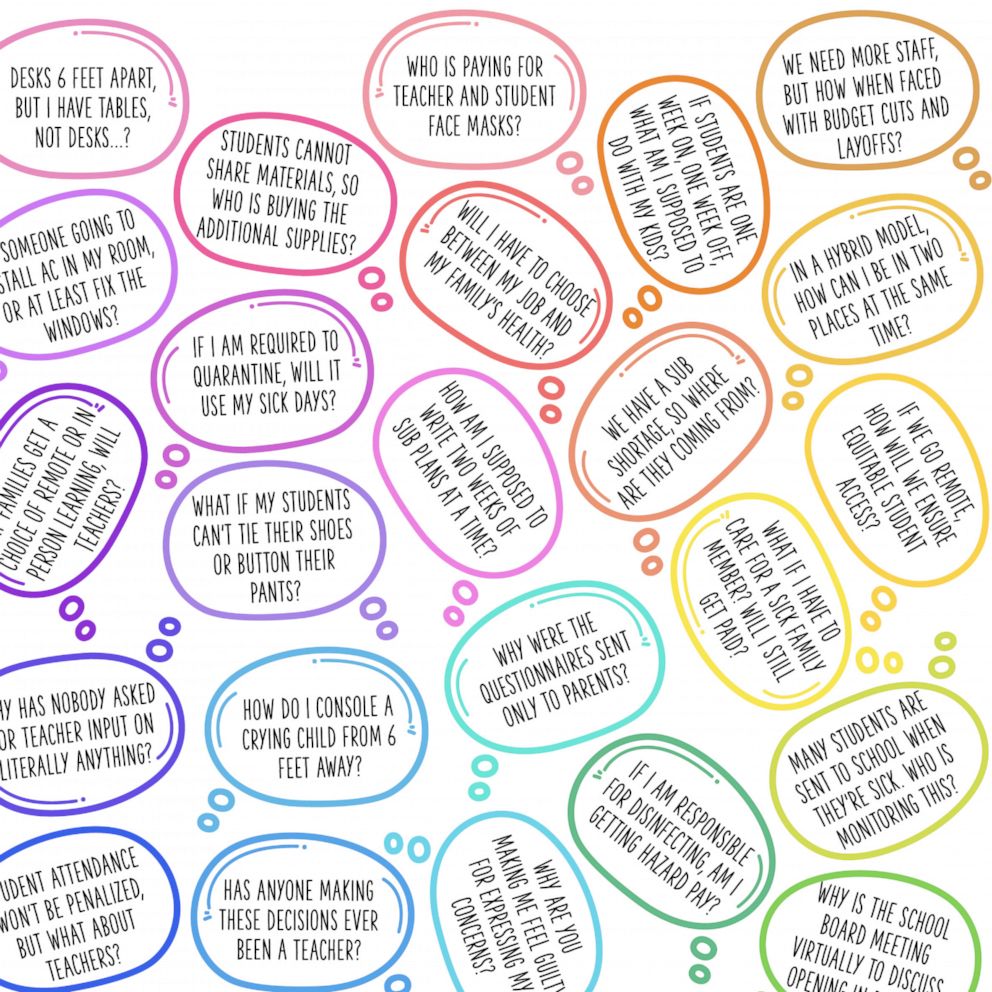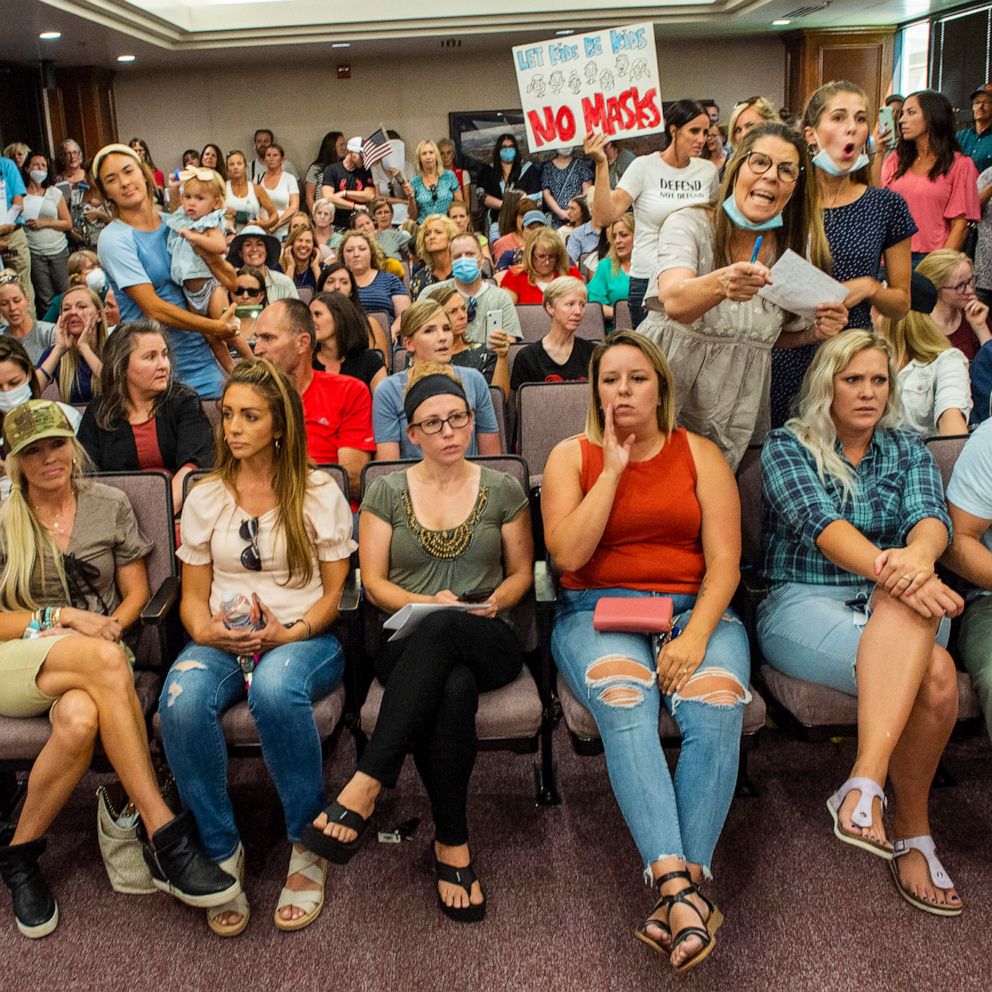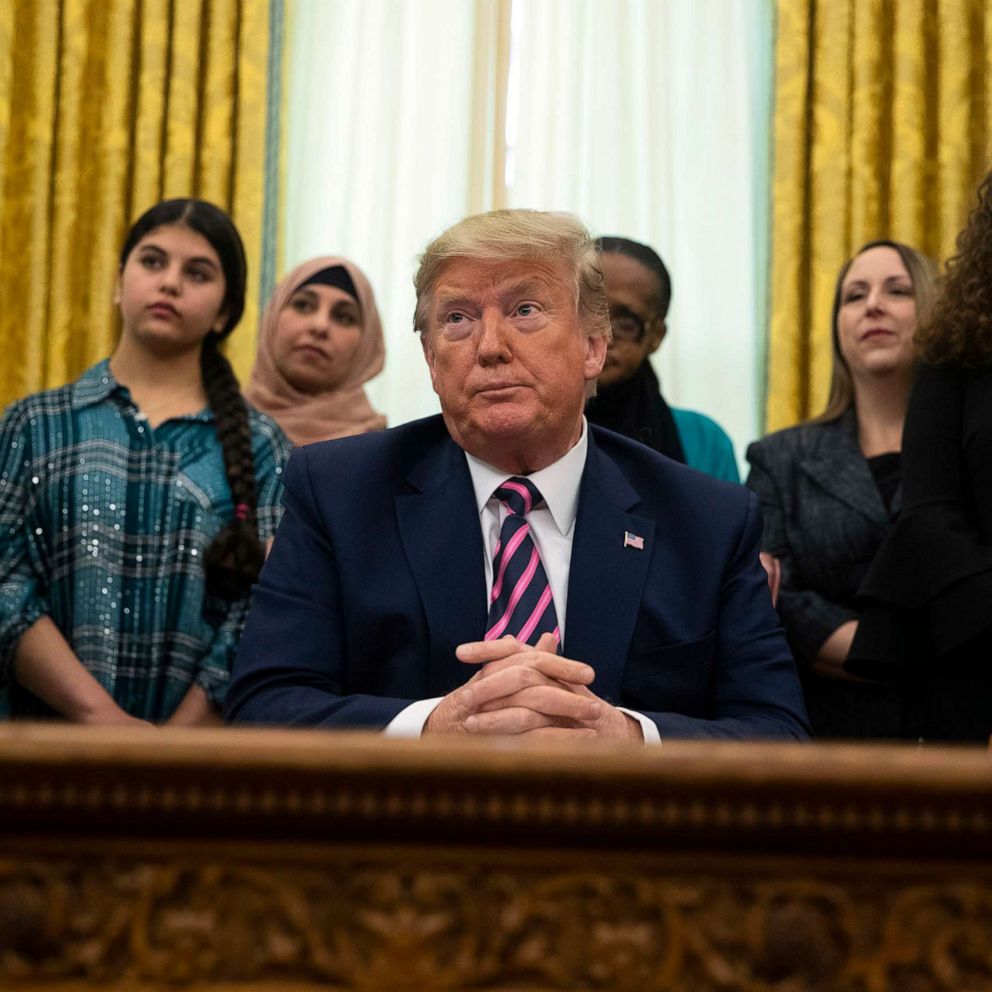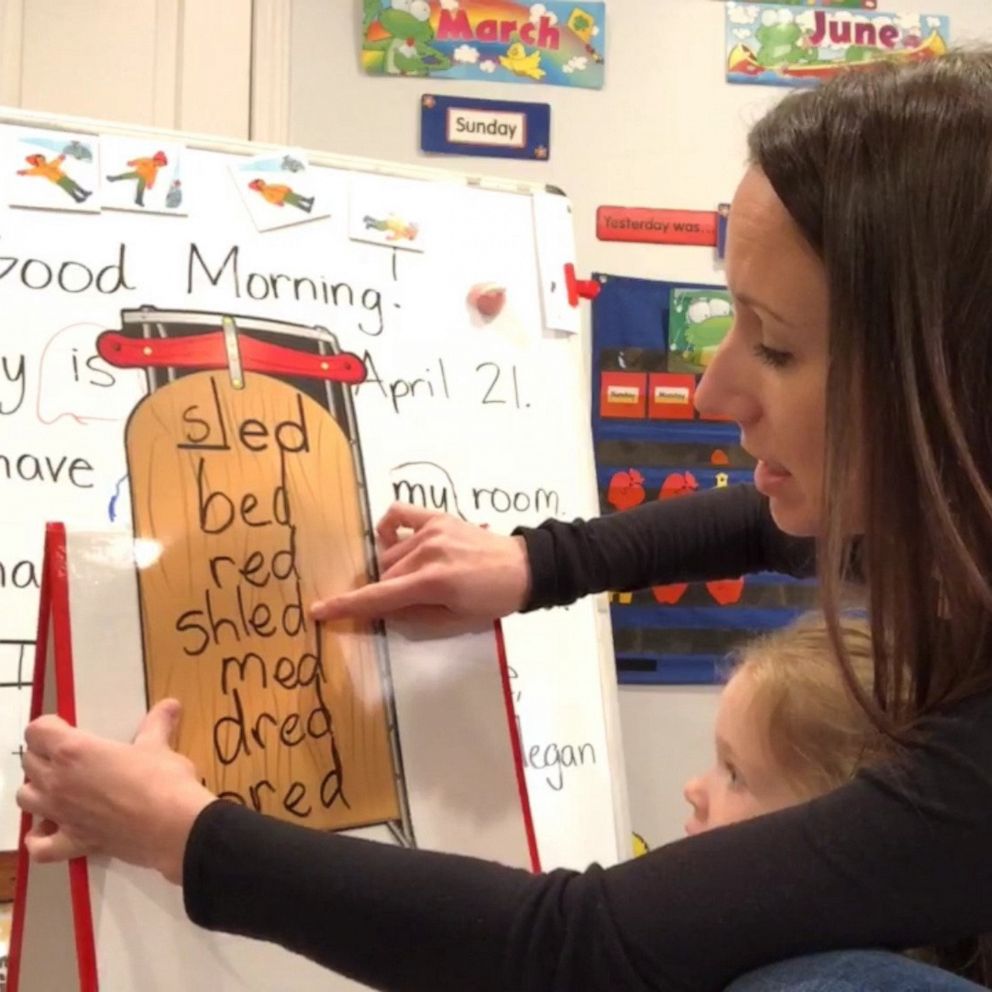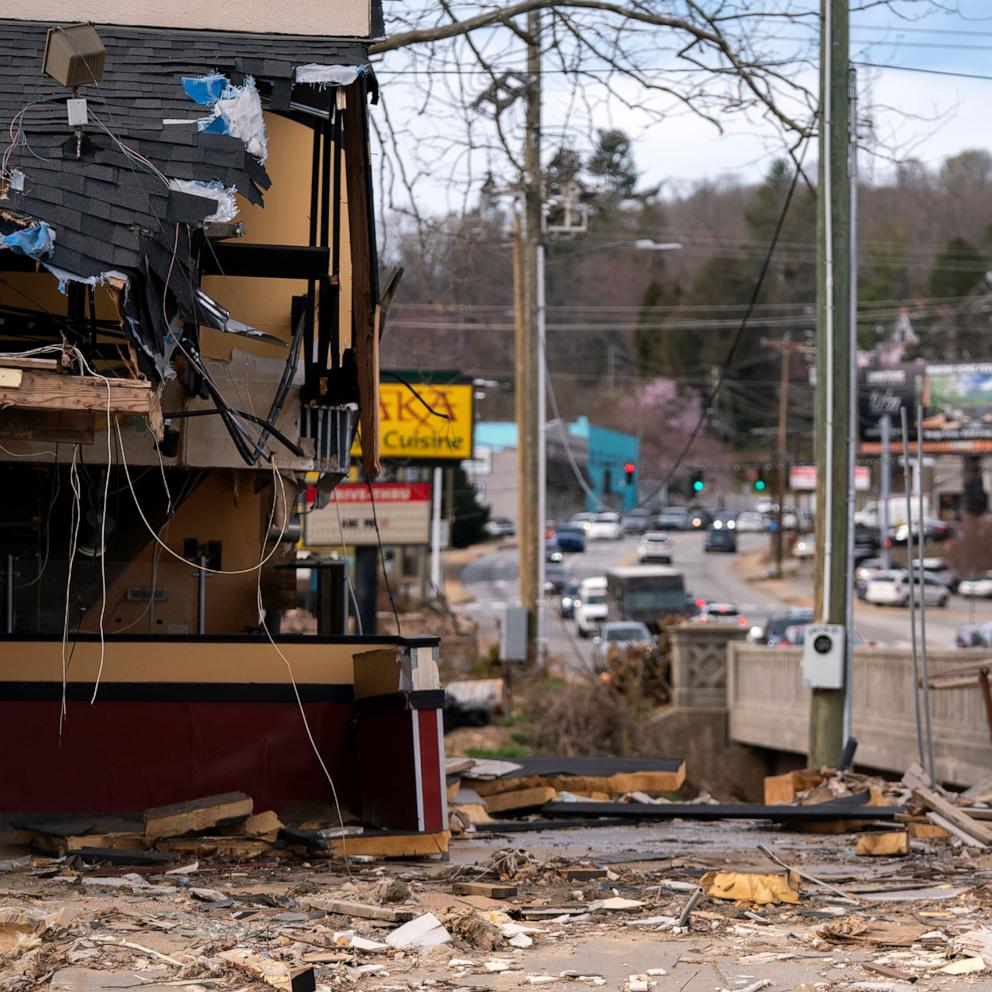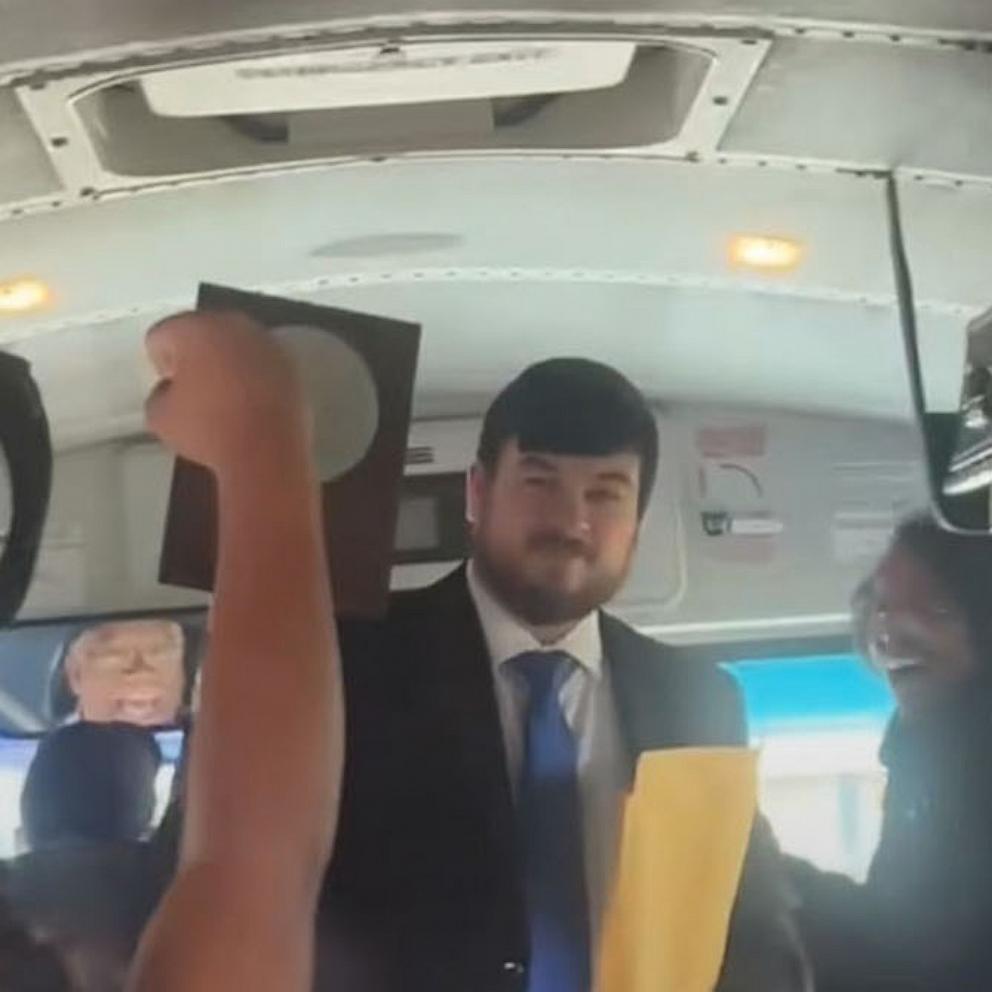Teachers have a lot of questions about returning to school during the pandemic: Here are 18 of them
The start of the 2020-2021 school year is unlike any other.
Amid the growing coronavirus pandemic, many students, parents and teachers across the United States have little idea what the upcoming school year will look like, even as some school districts prepare to start school in just weeks.
Teachers in particular have found themselves in the center of the debate as they address concerns about their own health, their students' health and the demands being placed upon them to lead both in-person and virtual classes.
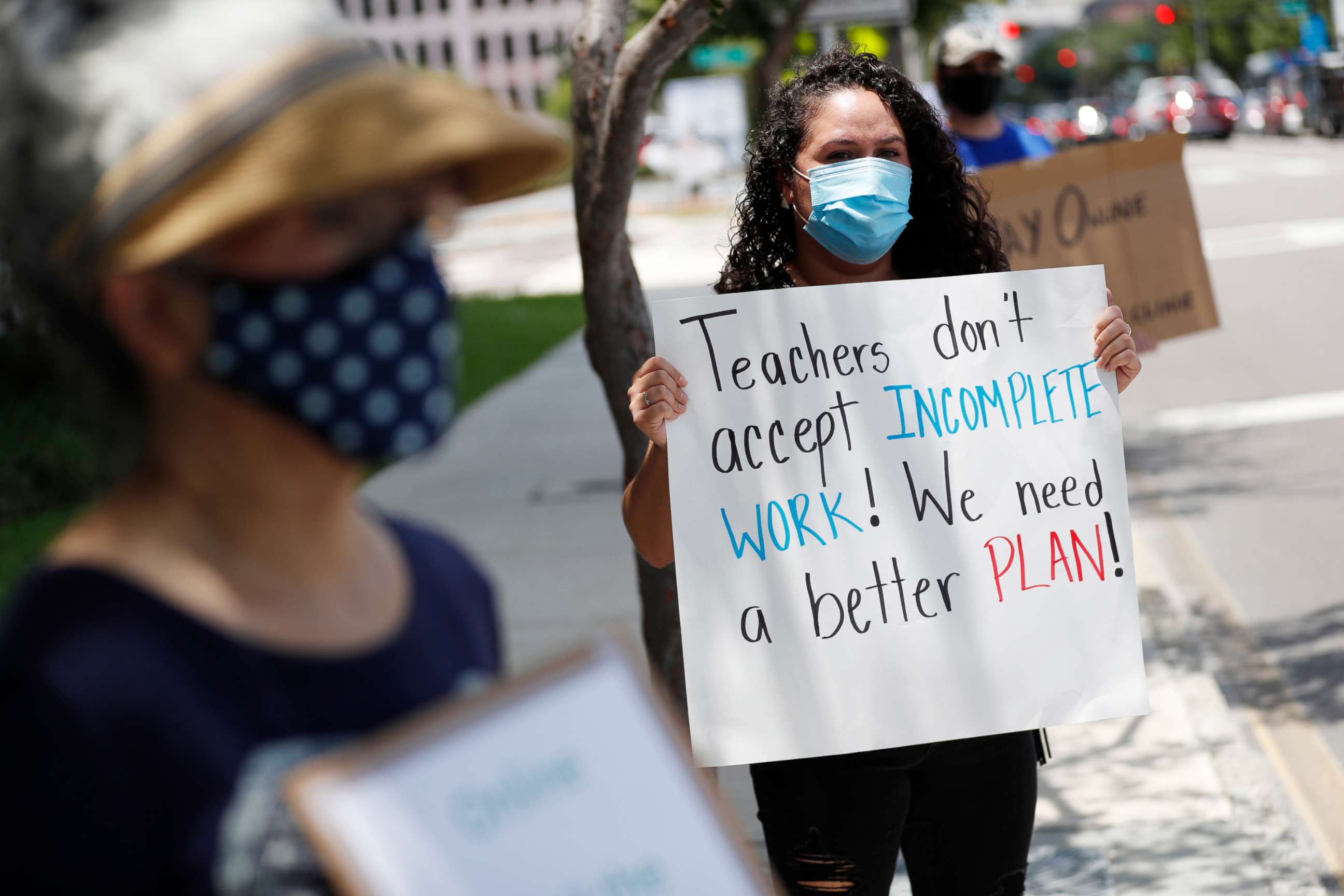
"It's coming down on us as teachers, as educators, but I think it needs to be framed as we're humans first. We have lives," said Dwayne Reed, an elementary school teacher in Chicago, who said his school district's current plan would have him teaching in the classroom four days a week while also providing virtual lessons for his students five days a week.
"You can't just look at it as dollar signs, bottom lines, standardized test scores," he said. "You have to look at it as moms and dads and grandmas and grandpas who have moms and dads and grandmas and grandpas and children that they need to tend to."
Reed, whose wife is also a public school teacher, has been vocal on social media about his questions regarding plans for school reopenings. He said he sees his decision to speak out as a life or death choice.
"I get there are all of these issues that surround virtual learning, however, those issues will not lead to an immediate death or dying in five days," he said. "I can help fix these tech equity issues. I can help recover education loss, but nobody comes back from the dead."
18 questions teachers are asking
Jillian Starr, an elementary public school teacher in Massachusetts, is also using her social media platform to highlight the fears teachers are facing as they are being asked to return to school while the number of COVID-19 cases continues to rise in 40 states.
"I have the privilege of interacting with teachers on a national level through my social media platforms, said Starr. "Many teachers are beginning school in a few short weeks, and I was hearing so much fear and anxiety about going back into the classroom while cases in their states continue to rise."
"The discrepancies between the list of guidelines vs. what their experiences as teachers informs them is actually feasible in the classroom only increased those anxieties," she said.
Starr compiled a list of teachers' questions and shared it on Twitter, where it quickly went viral.
"I listened to teachers share that while they were the experts on the ground, nobody was seeking their expertise. I listened as they recalled being held in such high praise only a few short months ago, and the excitement about the possibility of our nation reinvesting in public education," she said. "I listened as they described how it felt to be pushed off those pedestals so quickly and now have their lives viewed as expendable."
"I couldn't get their words out of my head, so I decided to write them down and share them on my platform in order to give them a voice," said Starr.
Here are 18 questions teachers from across the country have about schools' reopening plans, as written by Starr.
1. "Desks 6 ft apart (in some states 3 ft...what?!?) Many classrooms do not have desks, but have 5-6 tables where students sit shoulder to shoulder. How are we supposed to spread students out? Is someone buying desks? With what money? Schools are facing budget cuts & layoffs."
2. "Students cannot share materials. Most of the materials in classrooms have been purchased BY teachers. If students cannot share, and students need their own personal sets of materials, who is purchasing these supplies? (again... with slashed budgets) "
3. "Teachers have to beg for donations of Clorox wipes and tissues from their families and friends to support cold/flu season. Who is providing ALL of the new disinfectant materials for classrooms? Are teachers expected to do the cleaning? Will they receive hazard pay?"
4. "Who is paying for masks and required PPE for teachers? Who is ensuring that these remain stocked? Will students be provided masks? What if they come to school without one, or refuse to wear one? What about our youngest students who can't put them on themselves?"
5. "We are laying off staff, but are in need of more teachers to comply with smaller class sizes. Our classrooms are currently filled to the brim & teachers are working out of modified closets. How are we paying for space & funds for these additional classrooms and teachers?"
6. "School buildings have been deteriorating for years. Many classrooms do not have AC or windows that open (if they have windows at all). How are we ensuring proper air ventilation in these spaces."
7. "Why are teachers being left out of conversations? Why were questionnaires sent to families & not teachers? Why are people making the decisions not asking teachers if those decisions are actually feasible in a classroom setting? Why are we not at the table?"
8. "Also, why are school boards meeting virtually to discuss opening schools in person?"
9. "If families are given a choice between remote vs. in-person learning, will teachers? Will immunocompromised teachers get priority? What about those caring for immunocompromised or elderly family at home? Will teachers be forced to choose between their jobs and their lives?"
10. "If teachers are forced to quarantine, will that come out of their sick pay? What if they have to quarantine multiple times? Many have 10 days or less of sick time (especially new teachers). What if we just have a cold (schools are germ factories). Can we not come to work?"
11. "If we run out of sick days, will we stop getting paid? What if we have to care for a sick family member? What if our own child's school closes or they have to be quarantined, and we have to stay home? Will we lose our health insurance while being sick?"
12. "If we are burning through sick days, where are we getting subs? There have been sub shortages for years, most include retired teachers who are at risk. What happens when we are inevitably "out of teachers". How are expected to keep up with 2 weeks of sub plans at a time?"
13. "Students are hopefully not being penalized for attendance. Will teachers? Will teachers continue to be evaluated this year? Will teacher "efficiency" be linked to state tests that are holding students to arbitrary grade level expectations they cannot meet right now?"
14. "If we are in the classroom full time, how are we expected to console a crying child from 6 feet away? What if our students can't tie their shoes or button their pants? What about when students fall and get hurt? How do we help them from 6 feet away?"
15. "If cohorts have to be kept together to limit interactions, how are students receiving required services? Are those teachers coming into classrooms (contaminating each room) or are students leaving the classroom, going against 'least restrictive environment' requirements."
16. "If we move to a hybrid model, how will teachers be expected to teach full time in the classroom AND plan for remote learning. We cannot be in two places at the same time. If we are one week on/1 week off, what happens if our own children have different schedules?"
17. "If we move to any form of remote learning, how will we ensure equitable access for our students? What plans will be put in place to focus on the emotional well-being of our students? How will we support our most vulnerable populations in the process?"
18. "Why are people using the 'children are less likely to spread the virus' as a backbone of arguments, dismissing the fact that hundreds of adults ALSO work in schools? Why are teachers and school staff being discussed as if they are expendable? Why is nobody listening?"
